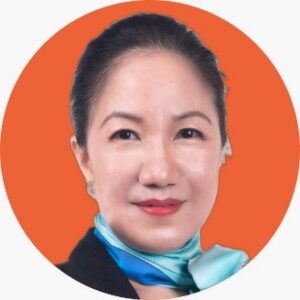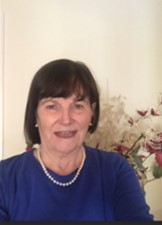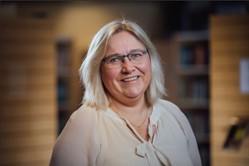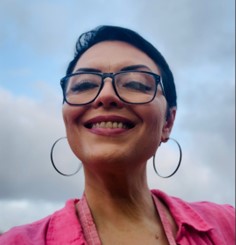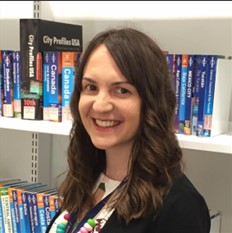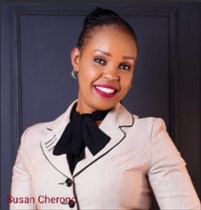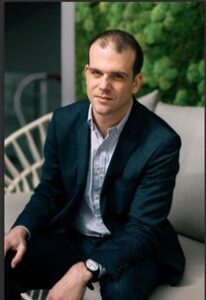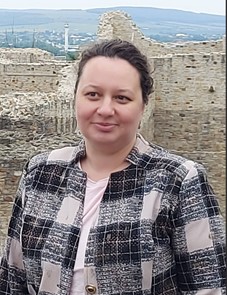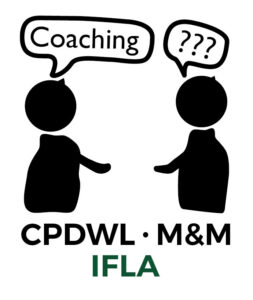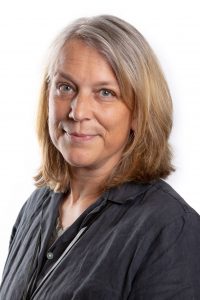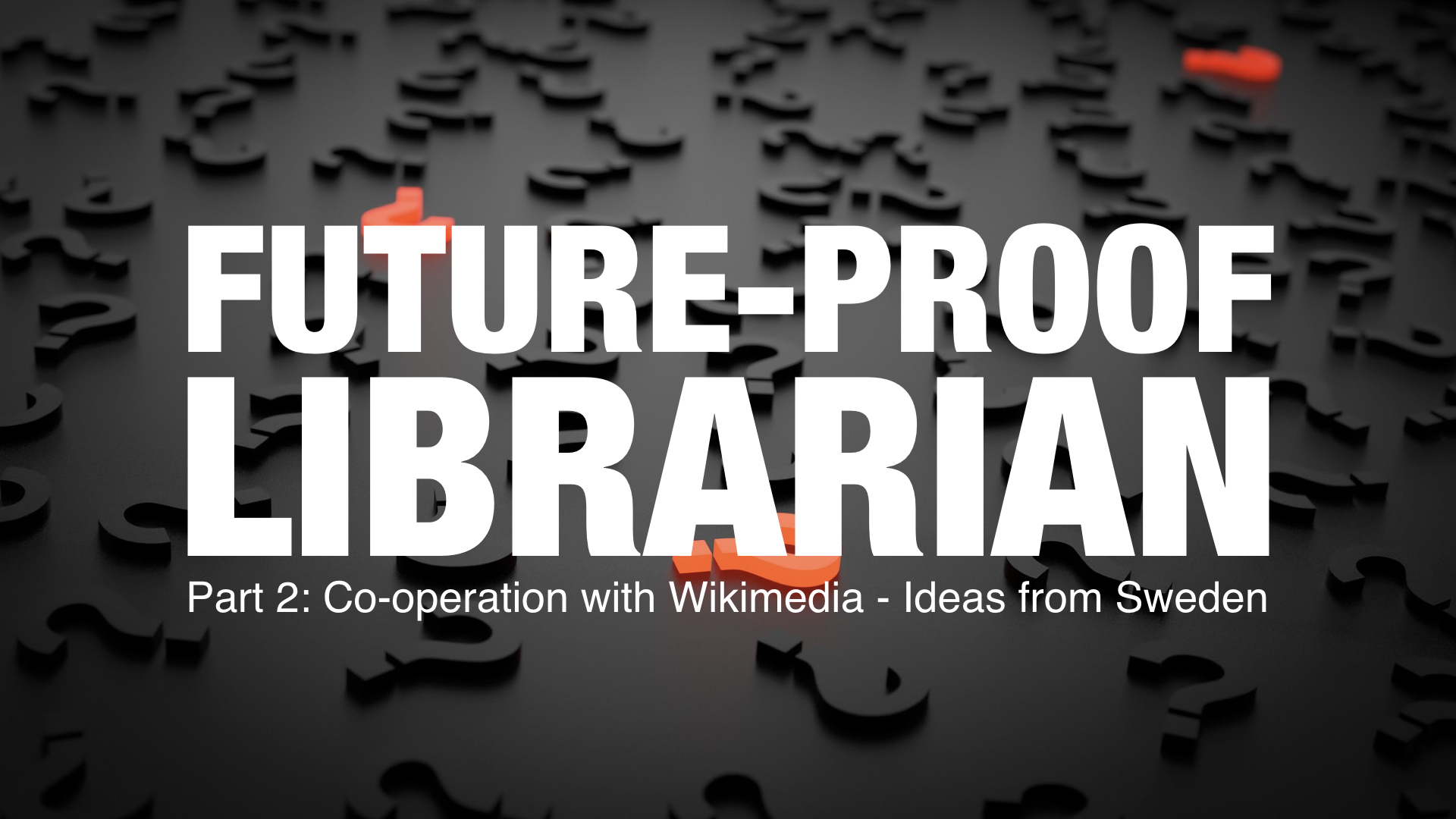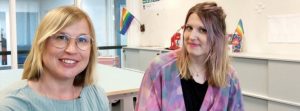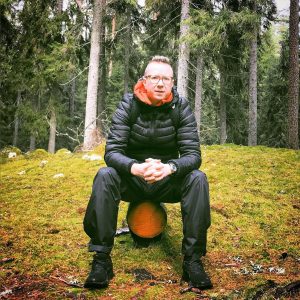We are thrilled to introduce you to the new members of the Continuing Professional Development and Workplace Learning (CPDWL) Standing Committee. Each member brings a wealth of knowledge, experience, and commitment to lifelong learning in the library profession.
Helen Chan
Helen Chan, the current Chair of the Continuing Professional Development and Workplace Learning (CPDWL), is an accomplished academic and professional in the library and information science sector. Prior to her current role, she chaired the IFLA Professional Division Committee of Division F and the Action Plan Review Committee, which introduced the widely used ‘Infinity’ platform within IFLA at WLIC 2023. Helen’s strong academic background, including over a decade teaching the Master of Science in Library and Information Management (MsLIM) program at the University of Hong Kong (HKU), enriches her role in CPDWL. Her passion for accessible information led to the creation of a new course for Bachelor of Science in Information Management (BsIM) students at HKU. Beyond academia, Helen supports teacher-librarian training in Hong Kong and participates actively in local non-profit work, holding directorship roles in an educational fund and a local secondary school board.
Joan Weeks
Joan Weeks is the Head of the Near East Section and Turkish Specialist in the African and Middle Eastern Division (AMED) at the Library of Congress where she supervises a staff of seven, including Arab, Persian and Armenian specialists with responsibility to acquire, process, and serve the Near East Collections. Prior to this, she was a Sr. Instruction Librarian at the Library of Congress where she designed and taught courses on the Library computer systems to staff. Joan is an elected member-at-large of the American Library Association (ALA) Council, and chairs the Near East and Southeast Asian Committee of the International Relations Committee of ALA. In IFLA, she was the Information Coordinator for the Section on Education and Training (SET), promoting programs such as the webinar series for LIS students. She has a strong interest in library professional development instruction, making her a valuable addition to the CPDWL as the newly appointed Information Coordinator.
Julia Gelfand
Julia Gelfand, a staunch advocate for global communication and cooperation, has been a vibrant part of the ALA’s IRRT Roundtable throughout her career. Julia’s international experience, from Europe and Asia to the Middle East and Africa, has enriched her work with IFLA for over 30 years. She’s been a pivotal part of the Science & Technology Section, the Acquisitions & Collection Development Section, and has contributed to numerous engaging programs. Now joining the professional development section, Julia looks forward to addressing the vast changes in libraries and librarianship, from technology to open movements, in innovative ways.
Tina Yang
Having worked in the library and information industry across China, Australia, and Hong Kong for nearly three decades, Tina Yang now serves as the Associate Librarian at the University of Hong Kong Libraries. In her role, Tina leads a dynamic team in providing diverse information, learning, and research services. Tina has witnessed the transformative power of technology in libraries and emphasizes the importance of mindset and capabilities in embracing this digital shift. As a library manager, Tina values continuing education and is excited to join CPDWL, where she can collaborate with passionate professionals in fostering lifelong learning in the library profession. Tina has also served in various roles within the IFLA Regional Standing Committee of Asia and Oceania.
Jorun Systad
Jorun Systad, Library Director in Sunnfjord municipality, Norway, brings her experience from IFLA’s Libraries for Children and Young Adults section to her current role. She’s particularly interested in enhancing public library services for smaller municipalities, focusing on collaboration with local organizations. Jorun has previously worked as a reading-motivator for “Foreningen!Les” and is an active member in the Norwegian Library Association and National Library’ strategic committee for 2020-2023. Her work emphasizes the need for libraries to facilitate ongoing staff development and workplace training.
Svetlana Gorokhova
Svetlana Gorokhova, an active participant in IFLA since 1994, firmly believes in the importance of continuous learning within the library community. She is excited to join the CPDWL in providing a seamless space for professional development across all sectors of the library community.
Anne Reddacliff
Anne Reddacliff began her rewarding library career in 2001 as a volunteer. Today, she contributes to the Australian Library and Information Association’s (ALIA) Rainbow and Sustainable Libraries groups, remaining connected and inspired. With a love for writing and meeting new people, Anne is excited to bring her skills to IFLA CPDWL, expanding her influence internationally. She eagerly anticipates making new connections and contributing to the profession on a global scale.
Mingyan Li
Mingyan Li serves as the Metadata Librarian and Clinical Assistant Professor at the University of Illinois at Chicago. With over 15 years of diverse library experience, she specializes in metadata workflows. A graduate of the University of Illinois at Urbana-Champaign and Bradley University, Mingyan is dedicated to advancing metadata management through innovation and accessibility.
Susan Cherono
Susan Cherono, a Librarian at the United States International University-Africa, brings over 14 years of experience in the field of Librarianship to CPDWL. With her passion for innovation and learning, she looks forward to contributing to CPDWL meetings and trainings.
Florian Forestier
Florian Forestier is in charge of social innovation and diversity politics at the French National Library and is also the project manager for the creation of the research center. He is passionate about training and development of staff skills, particularly regarding preventing discrimination and changing managerial attitudes.
Simona Marilena Bursasiu
Simona Marilena Bursasiu is a librarian at the Politehnica University of Timișoara, Romania, and an associate lecturer in the field of library and information sciences. As a former president of the Education and Training section of the Romanian Library Association, she is committed to providing online training for librarians around the world through CPDWL.
We welcome a group of dedicated professionals to the Continuing Professional Development and Workplace Learning (CPDWL) Standing Committee. Each individual brings a wealth of knowledge, expertise, and a commitment to ongoing professional development within the library and information sector. We eagerly anticipate the valuable contributions and fresh insights they will undoubtedly bring in the coming years.
For those interested in learning more about our new members, stay tuned for the upcoming issues of the CPDWL Newsletter. We will be featuring self-introductions from different standing committee members, offering you an in-depth look at their professional journeys, their passions within the field, and the unique perspectives that they bring to our committee.
Watch out for these enlightening features, and please join us once again in extending a warm welcome to our new members of the CPDWL!
Stay tuned and connected with CPDWL!
